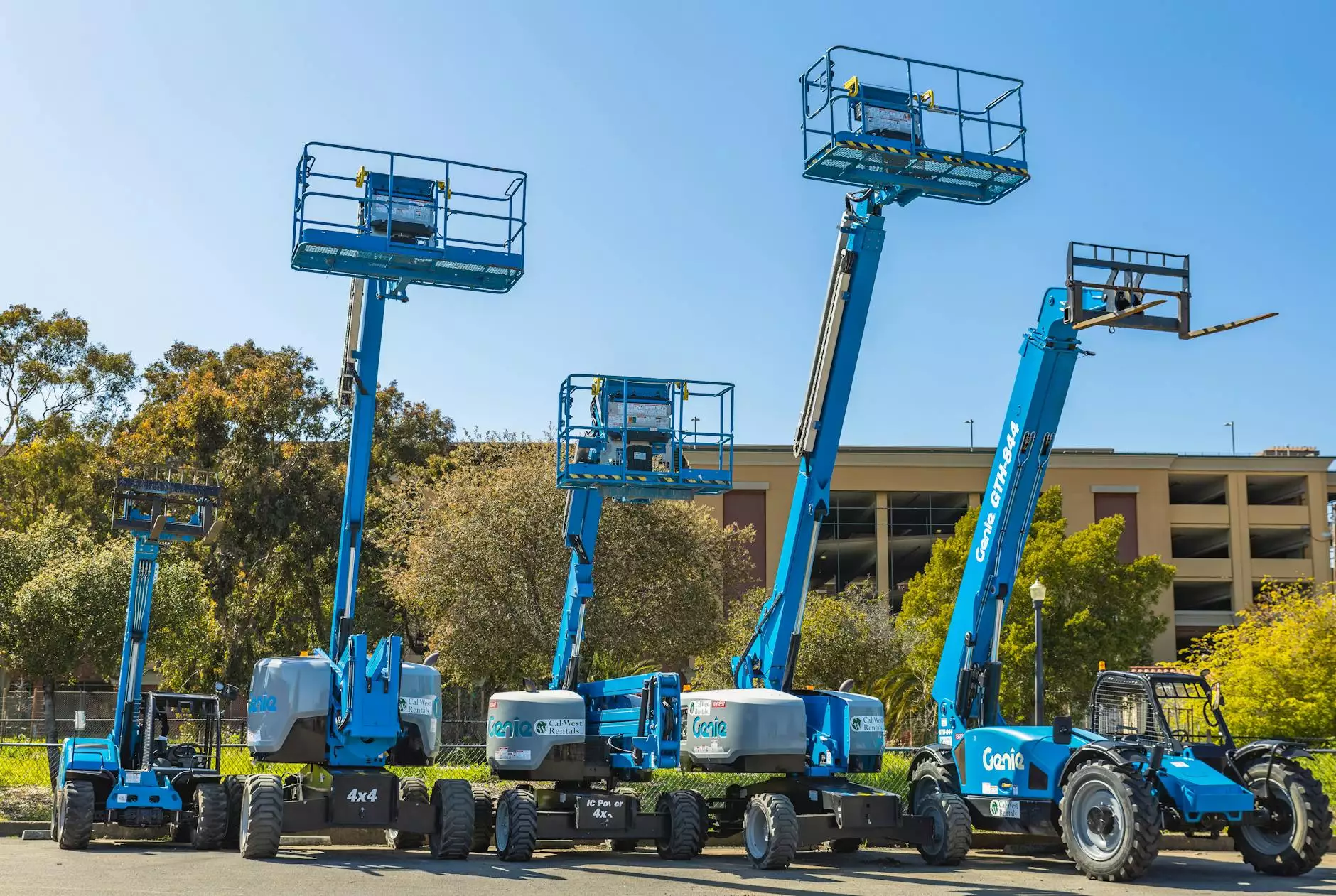Ecofit: Pioneering Sustainable Business Practices in Auto Parts and Professional Services

The term ecofit symbolizes a transformative approach to modern business, particularly within the realms of Auto Parts & Supplies, Professional Services, and Pressure Washers. As environmental concerns surge and consumers seek sustainable choices, businesses that adopt eco-friendly practices can not only thrive but also contribute positively to the planet. In this comprehensive article, we will explore how the ecofit philosophy is shaping industries, highlighting key strategies, products, and insights that can help businesses and consumers alike make informed choices.
Understanding the Ecofit Concept
The suffix fit in ecofit denotes suitability, efficiency, and adaptability. When combined with the prefix eco, it emphasizes an alignment with ecological principles. This fusion of meanings promotes a vision where businesses prioritize sustainability, ensuring their practices are beneficial for both consumers and the environment.
Why Ecofit Matters in Today's Marketplace
- Consumer Demand for Sustainability: Modern consumers are increasingly inclined to support brands that showcase a commitment to the environment. This demand has created a competitive edge for companies that adopt ecofit strategies.
- Regulatory Compliance: Governments worldwide are imposing stricter regulations aimed at reducing environmental impact, making ecofit practices not just a choice but a necessity for compliance.
- Cost Efficiency: Eco-friendly solutions often lead to operational efficiencies that can reduce costs in the long run, showcasing that being green can also be economically viable.
- Brand Loyalty: Businesses that embrace the ecofit philosophy tend to cultivate stronger customer relationships, fostering brand loyalty among environmentally-conscious consumers.
Ecofit Innovations in Auto Parts & Supplies
The auto parts industry is at the forefront of incorporating ecofit solutions. Here are several innovative practices and products that are leading the charge toward sustainability:
1. Eco-Friendly Materials
More manufacturers are integrating sustainable materials into their auto parts, reducing the carbon footprint of their products. Examples include:
- Recycled Plastics: Many companies are now producing vehicle components using recycled plastic, which diminishes waste and conserves resources.
- Bio-Based Composites: These materials are created from natural ingredients, providing similar durability to traditional materials while being more environmentally friendly.
- Low-VOC Paints: Manufacturers are shifting towards paints with low volatile organic compounds, which improve air quality and lessen environmental impact.
2. Sustainable Manufacturing Practices
Auto parts suppliers are reassessing their manufacturing processes to reduce energy consumption and waste:
- Circular Economy Initiatives: Companies are employing strategies to reuse materials, refurbish parts, and minimize waste, supporting a circular economy.
- Energy-Efficient Production: Implementation of renewable energy sources and energy-efficient machinery is becoming standard.
3. Electric and Hybrid Vehicle Components
As the automotive industry moves towards electric and hybrid vehicles, ecofit products play a crucial role:
- Batteries: Production of rechargeable batteries that are both efficient and recyclable represent a significant advancement.
- Lightweight Materials: Using lighter materials enhances the efficiency of electric vehicles, improving mileage and performance.
Ecofit in Professional Services
The integration of ecofit principles into professional services not only enhances environmental sustainability but also improves service delivery and operational efficiency. Here’s how:
1. Green Certifications and Training
Businesses are increasingly offering services that comply with green certifications. This involves:
- Training Programs: Educating employees on sustainable practices, helping them implement these strategies effectively in the workplace.
- Consultation Services: Providing professional advice to other businesses on how to transition to more sustainable operations.
2. Eco-Friendly Office Spaces
Many professional service providers are transforming their office spaces to reflect ecofit philosophies:
- Sustainable Furniture: Utilizing furniture made from recycled or sustainably sourced materials.
- Energy-Efficient Infrastructure: Implementing LED lighting, proper insulation, and energy management systems to reduce energy consumption.
3. Digital Solutions and Remote Work
The rise of digital technology has enabled businesses to minimize their carbon footprint:
- Remote Services: Offering virtual consultations and services reduces travel emissions.
- Paperless Solutions: Implementing digital documentation and communication minimizes paper usage.
Pressure Washers: Going Green with Ecofit Technology
The pressure washing industry is also experiencing a shift towards ecofit solutions, emphasizing eco-friendly practices and equipment:
1. Water Conservation Strategies
Pressure washers now incorporate technology that optimizes water usage:
- Low-Flow Nozzles: Designed to minimize water consumption without sacrificing cleaning power.
- Recycling Water Systems: These systems capture and reuse water, significantly reducing waste.
2. Eco-Friendly Cleaning Solutions
Many businesses are now offering biodegradable and non-toxic detergents:
- Biosafe Chemicals: Ensuring that cleaning agents are safe for the environment while still effective.
- Organic Cleaners: Derived from natural sources, these products do not harm local ecosystems.
3. Energy-Efficient Equipment
New advancements in pressure washer technology lead to more sustainable operation:
- Electric Pressure Washers: Offering a greener alternative to gas-powered machines.
- Variable Pressure Settings: Allowing users to adjust water pressure based on the task, reducing unnecessary energy use.
Building a Culture of Sustainability with Ecofit
For businesses to truly adopt the ecofit philosophy, it must extend beyond products and services. Creating a culture of sustainability involves:
- Employee Engagement: Encouraging employees to participate in sustainability initiatives fosters a collective responsibility.
- Community Involvement: Participating in local environmental efforts enhances a company’s brand image and supports social responsibility.
- Continuous Improvement: Regularly assessing and refining sustainability practices ensures ongoing impact and relevance.
The Future of Ecofit in Business
The future of business lies in its adaptability to ecological needs. As innovations continue to unfold, the ecofit approach will evolve, bringing forth new opportunities and responsibilities. Businesses must remain informed about emerging technologies, regulatory requirements, and consumer preferences to leverage ecofit practices successfully.
In conclusion, adopting the ecofit philosophy is no longer just an option for businesses in the Auto Parts & Supplies, Professional Services, and Pressure Washers industries—it is imperative for survival and growth. By integrating sustainability into core operations, businesses can not only enhance their impact on the planet but also improve their bottom line and ensure lasting success. Embracing this eco-friendly trajectory will place forward-thinking companies at the forefront of their respective industries, ultimately paving the way for a greener, more sustainable future.









